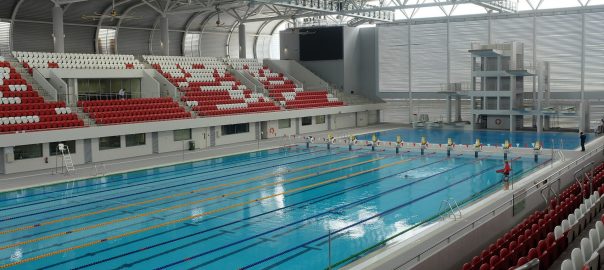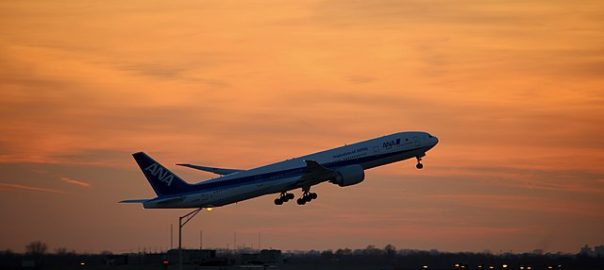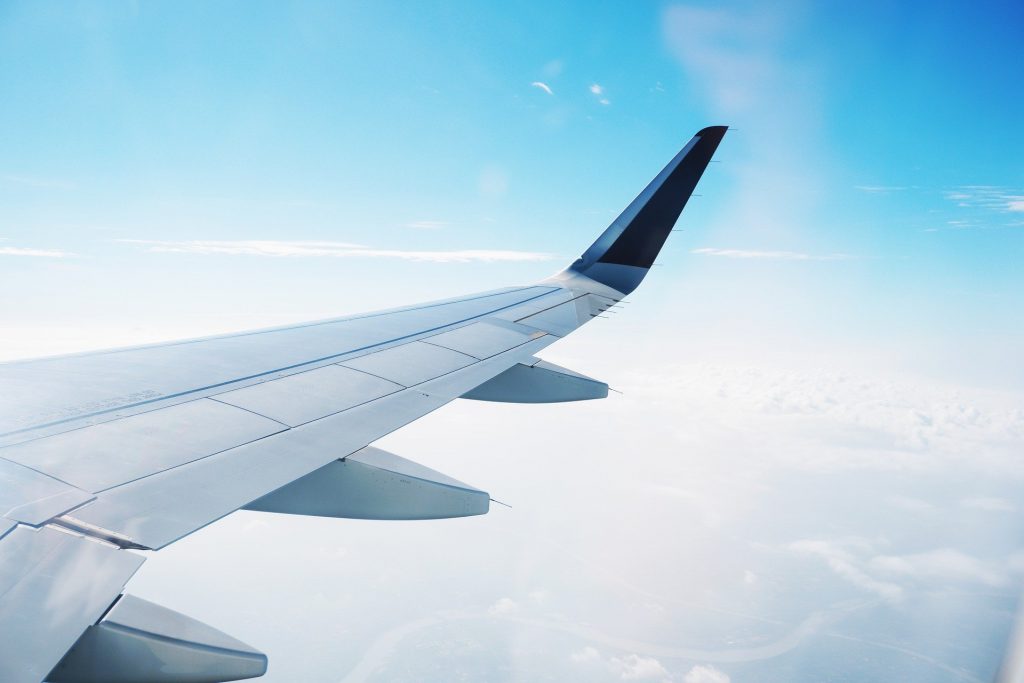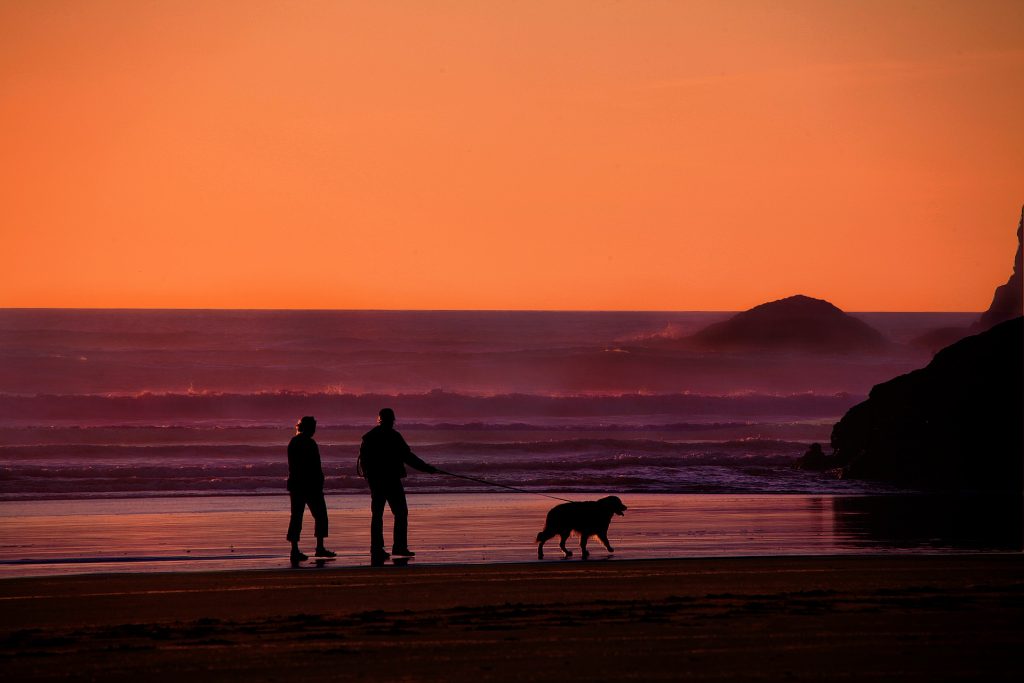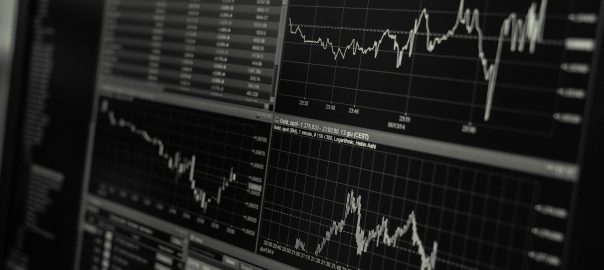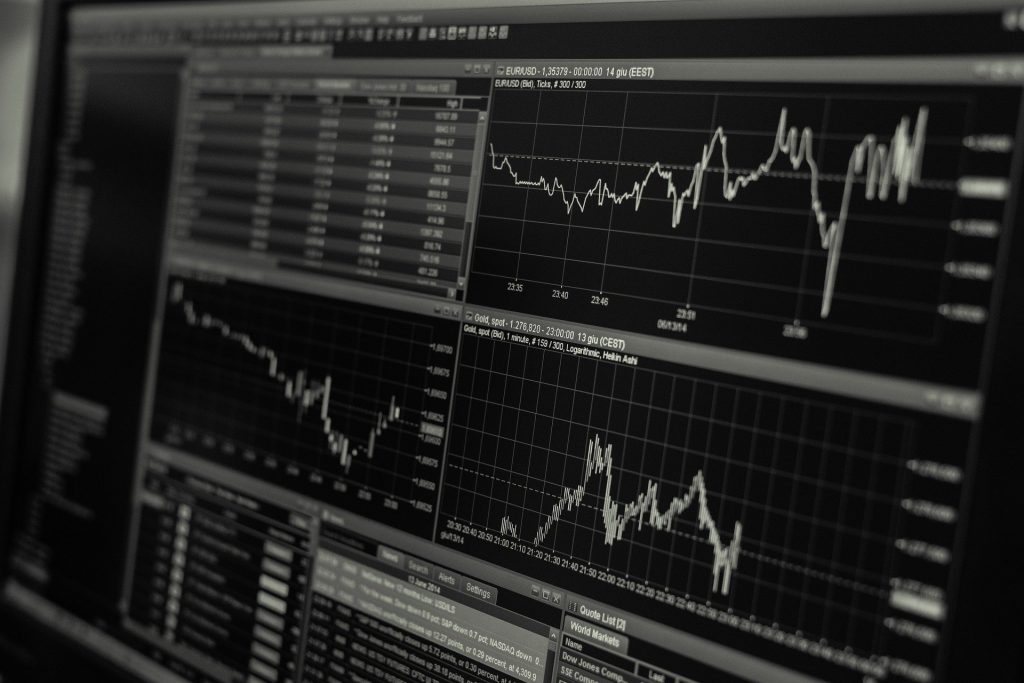With China having largely contained the coronavirus, the movie industry in the world’s number two consumer market is primed to return to pre-pandemic levels in 2021. That presents opportunities and challenges for legacy studios in Hollywood as Western economies struggle to reopen their leisure economies.
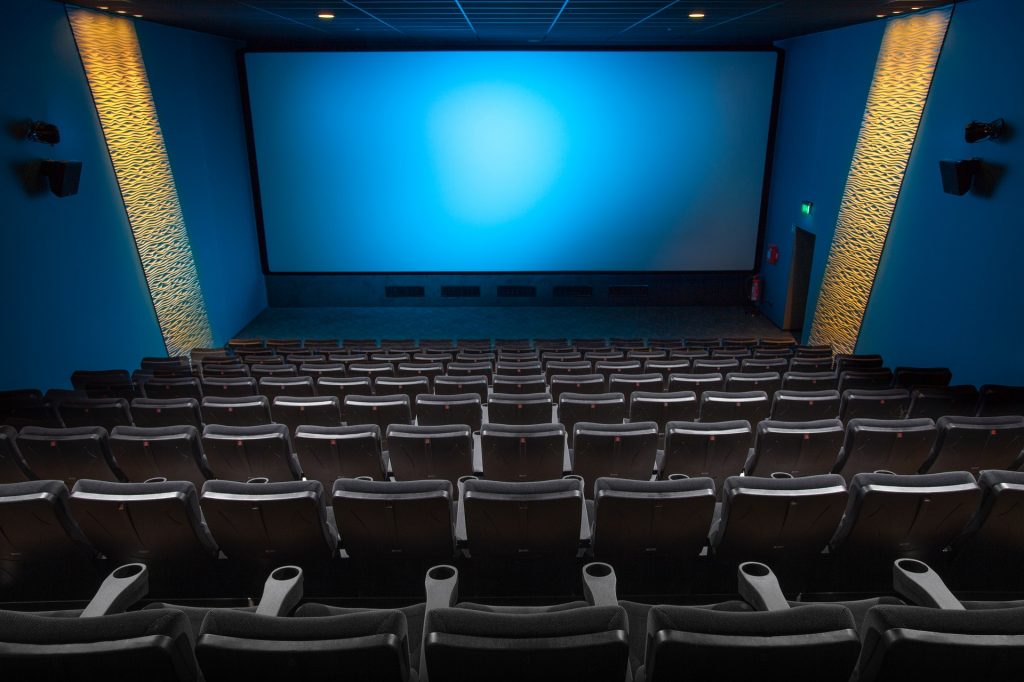
Bloomberg reports that ticket sales for Chinese movie theaters during the first five days of the Lunar New Year brought in 5.7 billion yuan ($882 million), a 33% jump over 2019, the previous record year.
The financial newswire also said shares of Imax China Holding Inc. jumped by 31% in Hong Kong and that Alibaba Pictures Group Ltd. had rallied 35%.
For Hollywood, China’s growing percentage of the global film consumer base has not been seamless, and will likely involve more upheaval. In addition to the obvious language barrier – the gap between Mandarin and English is harder to bridge than between English and European languages – there are also cultural and political hurdles to overcome.
Chris Fenton, a long-time Hollywood executive and author of last year’s Feeding the Dragon: Inside the Trillion Dollar Dilemma Facing Hollywood, the NBA, and American Business, told NewsGram that Beijing is demanding the right to dictate the content of American movies – and getting it.
“(Beijing has) amazing influence over Hollywood,” Fenton told the online Newsgram site. “There are a couple of versions of it. One is a premeditated version of what is censored even before it was written or scripted, which is this idea with any sort of sensitive topics, whether it has to do with Taiwan, or Hong Kong or Tibet … things that have something to do with human rights issues, whatever it is. Those are essentially taboo in Hollywood.”
According to Aynne Kokas, a professor of media studies at the University of Virginia, the issue is not likely to disappear for Hollywood any time soon. “China’s market is now central to any major release,” Kokas told Bloomberg.
“Diminishing market share presents a worrying picture for Hollywood studios” that may have been relying on China to recoup blockbusters’ budgets, she said.
